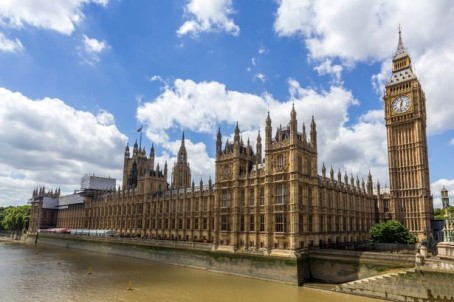Editors have warned that new laws currently going through Parliament will fall “far short” of safeguarding journalistic material and journalists’ confidential sources.
Responding to a consultation on the Crime (Overseas Production Orders) Bill ahead of scrutiny by a Public Bill Committee next week, the Society of Editors warned that the legislation would grant authorities “sweeping powers to seize information”.
The SoE outlined its support for concerns, also raised by the News Media Association, that the legislation contains no requirement for a journalist to be notified before a judge gives permission for their data to be accessed.
It also noted there is no requirement for the authorities applying for an order to persuade the judge that accessing the journalistic information is relevant to the investigation, in the public interest or is a last resort.

Ian Murray, SoE executive director, said: “There is a blatant disparity in the Bill between the established Police and Criminal Evidence Act 1984 regime (PACE) and the proposed new system that would prove an obvious threat to journalistic sources.
“At present, the provisions completely bypass established procedures contained in PACE and would strip away longstanding safeguards against the wrongful access of journalistic material.”
The Bill has completed its passage through the House of Lords and was introduced in the House of Commons on 20 November this year.
It had its Second Reading in the House on 3 December, and has now been committed to a Public Bill Committee which will hold its first meeting on Tuesday 18 December.
The Society added: “The legislation would allow any serving Government to enter into agreements with foreign governments that would allow authorities overseas access to data stored in the UK.
“There is a serious risk of a ‘free pass’ being given here for overseas authorities to access data in the UK.
“Furthermore, there are no measures to ensure that access is only given on terms that would mirror the UK’s own safeguards for press freedom and this is worrying.”





 Follow HTFP on Twitter
Follow HTFP on Twitter